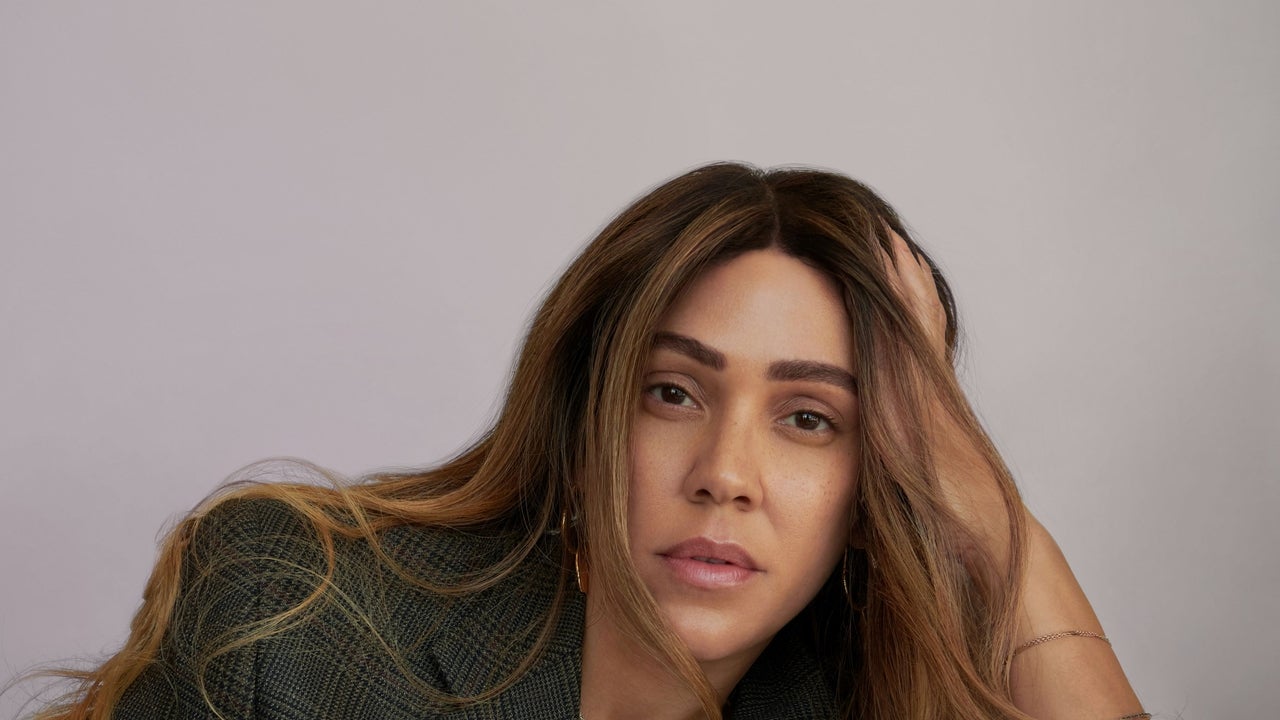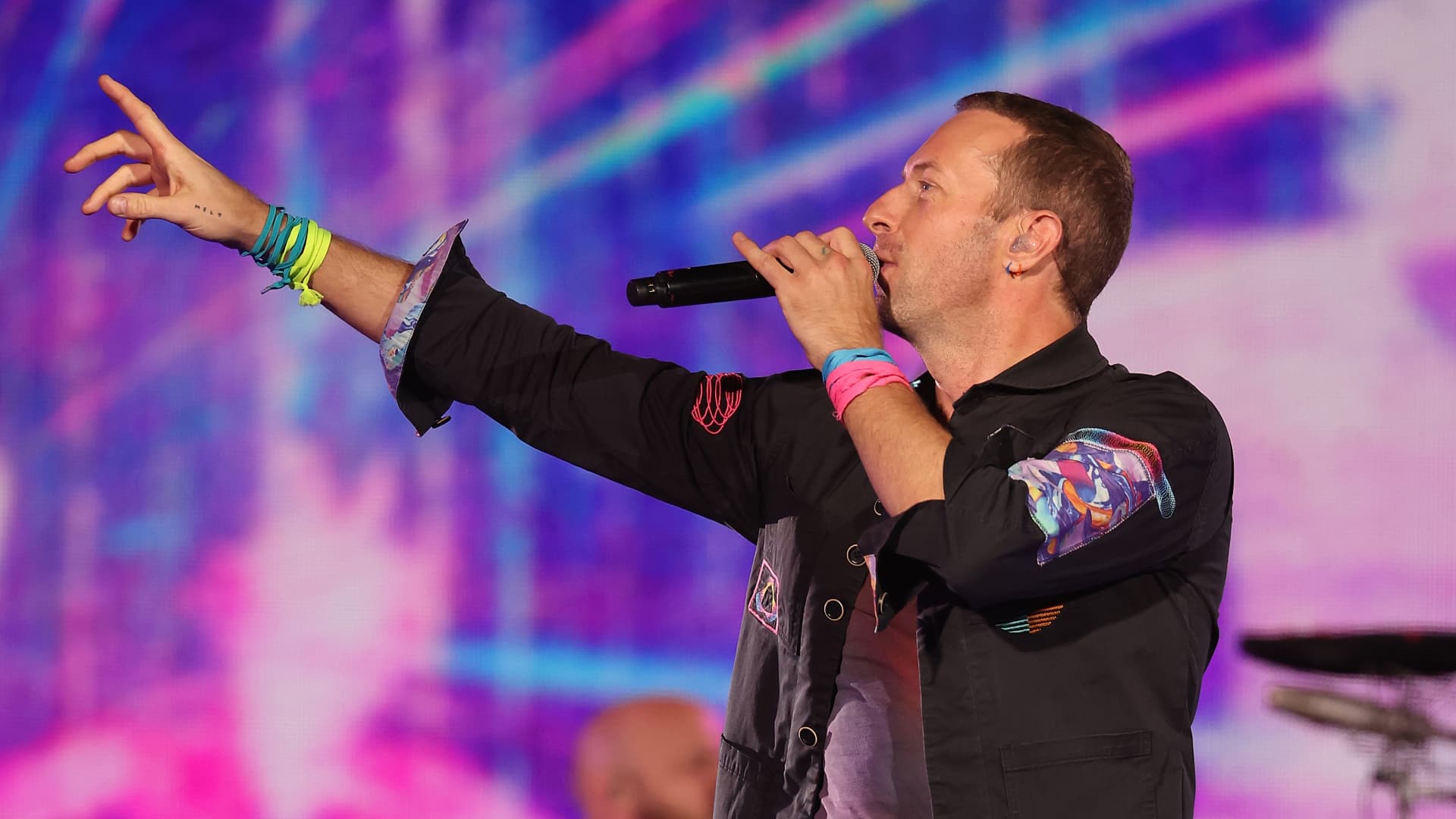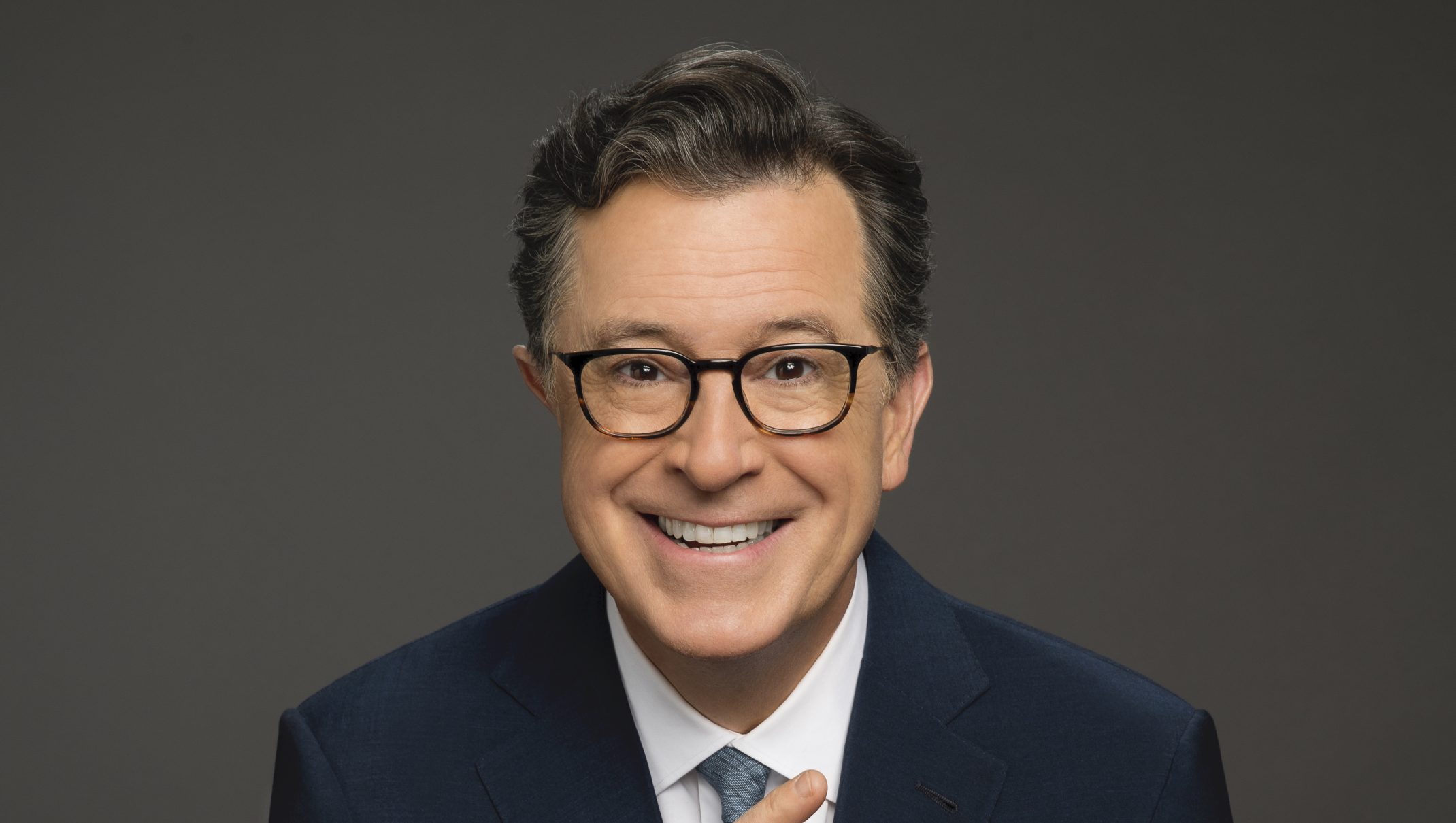Inside Bravo’s plans for shoppable TV
The NBCU network is using its BravoCon event as its latest step into shoppable TV

NBCUniversal plans to leverage its upcoming superfan event, BravoCon, to flex its shoppable marketing innovations. Through activations on the ground as well as across linear TV, digital, social and the metaverse, the entertainment giant will showcase interactive shopping that it sees as the future of TV commerce.
NBCU’s BravoCon retail activations will be twofold: an on-the-ground expansion of its virtual Bravo Bazaar store and a partnership with Tresemmé that will allow consumers to directly buy hairstyling products seen in content featuring their favorite celebrities. The intention is to converge audiences from different screens and platforms through a unified shopping experience.
The Bravo Salon, created in partnership with Tresemmé, will be both a physical space at the convention, taking place Oct. 14 to 16 in New York City, as well as content across linear TV, digital and social channels for fans unable to attend the event in person. Through QR codes located in the physical salon or on-screen—for instance, on a branded bar on the set of Andy Cohen’s “Watch What Happens Live”—viewers will be sent to companion content on BravoTV.com, where they will be able to shop products based on Bravo celebrities' looks that they would like to imitate.
QR codes have become common in TV advertising in recent years, allowing brands to close the gap between on-screen exposure and purchase. Particularly during the pandemic when QR codes became part of daily interactions, the ability to connect what’s on the TV to consumers’ phones has expanded touchpoints for advertisers looking to move to viewers through the marketing funnel.
“The forward-looking goal here is that we actually look at shopping and commerce as an organic extension of different storytelling experiences,” said Evan Moore, senior VP of commerce partnerships at NBCUniversal. He added that when consumers are able to easily transition from brand exposure to product purchase, it both drives lift for the brand as well as entertainment value for Bravo.
Another BravoCon retail activation will be the Bravo Bazaar, originally launched last year as a metaverse platform that offers immersive retail environments in the spirit of Bravo’s franchises, such as a catwalk for “Project Runway” or a designer boutique for “The Real Housewives.” This year, the Bravo Bazaar will be constructed physically at BravoCon, and will feature NBCUniversal Checkout, a commerce product that allows consumers to scan a QR code that sends them directly to a purchase cart for the item.
NBCUniversal Checkout, part of the company’s One Platform cross-portfolio ad-buying product, presents it with the opportunity to partner with marketers who wouldn’t normally be able to buy ad inventory on NBCU’s channels—e.g. not “large, national retailers and brands,” according to Moore. He said that 95% of NBCUniversal Checkout partners are first-time advertisers that “reach an audience through linear in a way that they never would have been able to do outside of our programs… And it also, of course, drives revenue for us.”
The metaverse component of the Bravo Bazaar, where users can navigate a digital recreation of a mall-esque series of spaces designed to look like environments from each Bravo show, also presents a way to reach consumers directly, said Moore.
The combined forces of passionate fandom—a growing force in contemporary culture—with emerging technologies that allow for virtual immersion in popular properties like Bravo’s are key ingredients to the future of shoppable TV advertising. Moore noted that fans spent more time in the metaverse version of the Bravo Bazaar space than they might on a traditional e-commerce site.
“The level of engagement, the time within the space that we saw consumers spending and the amount of shopping they’re actually doing within the space… showed us that it is actually a viable, real, entertaining and invaluable shopping experience,” Moore said.

 Aliver
Aliver 






























.jpg)